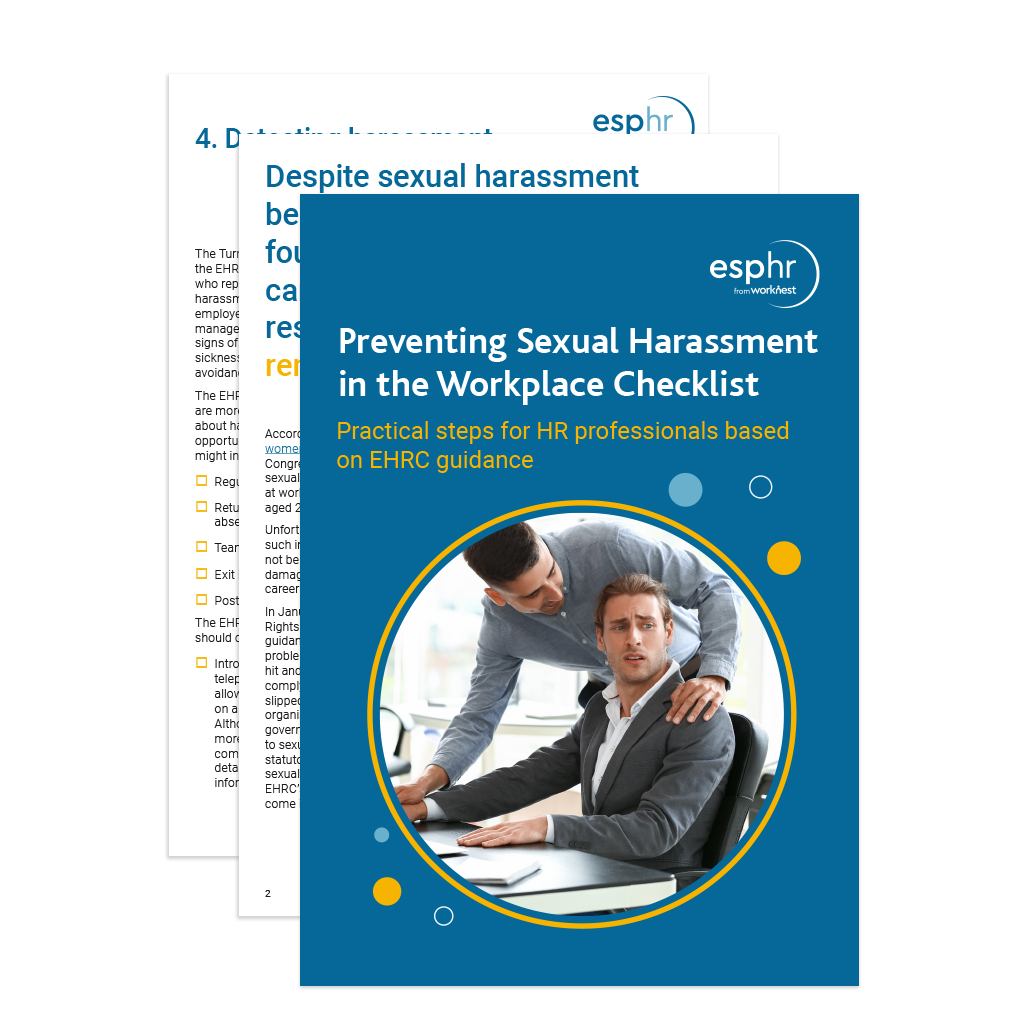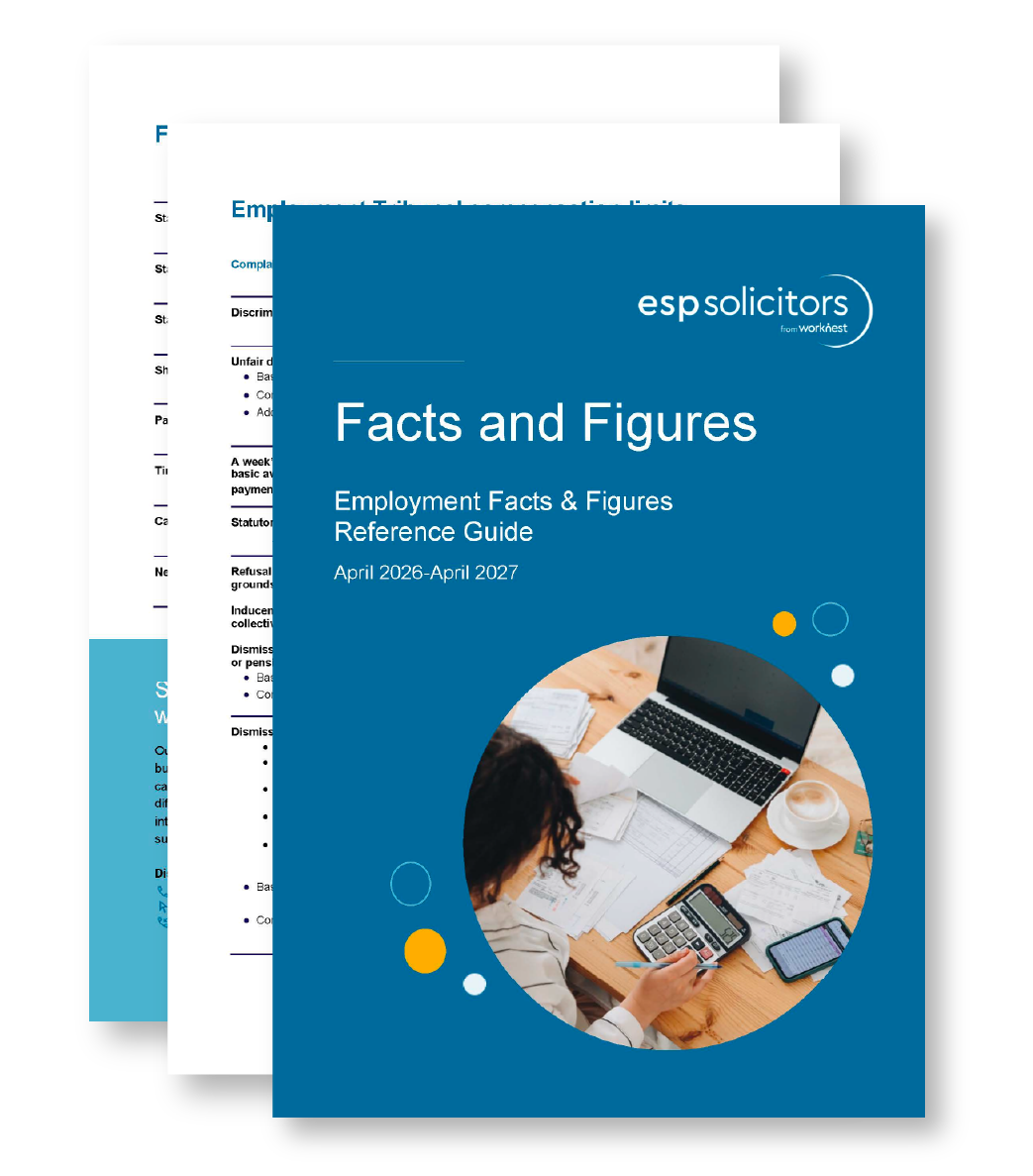Immigration is never far from the headlines. This week, UK political parties Reform and Labour set out proposals for changes to Indefinite Leave to Remain and how non-UK nationals can obtain it.
This is a key area of importance to employers, as it has significant implications for workforce planning, compliance, and sponsorship costs.
At esphr, we offer UK businesses specialist immigration employment law services. Read our guidance below to discover preparation tactics ahead of changes to ILR laws. For further, immediate support, contact our expert team.
What is Indefinite Leave to Remain?
Indefinite Leave to Remain (ILR) allows individuals the right to live, study, work and settle in the UK for as long as they like. Once someone has held ILR (also known as “settlement”) for 12 months, they can apply for British citizenship.
Various visas allow for a route to settlement, but for the purposes of this guide, we are focusing on the five-year route via a Skilled Worker Visa.
What are the proposed indefinite leave to remain changes?
As part of the UK government’s White Paper reforms, there is a proposal to extend the qualifying period for ILR from five years to 10 for most visa categories, including the Skilled Worker route.
The Home Secretary announced further details about the changes to ILR at the Labour Party Conference on 29 September 2025. The new proposed conditions for obtaining ILR include:
- Being in work
- Having made a certain level of National Insurance contributions
- Meeting a high level of English language requirements
- Not receiving benefits payments
- Not having a criminal record
- “Giving back” through volunteering or working in the local community
Under the proposed UK ILR changes, there will be a reduction in the 10-year period for individuals who meet “earnings or integration requirements”. However, there will be an extended settlement period for anyone who has been non-compliant at any point.
A consultation will be launched before the end of 2025, and employers should ensure they engage with this to make their opinions heard.
What are other parties saying about the ILR changes 2025?
With immigration being such a contentious topic, other political parties are setting out their own policies and plans for immigration rules should they come into power.
Of note is Reform’s proposal to remove ILR completely – including from those people who already hold it.
This would require migrants who wish to remain in the UK to make repeat applications at least every five years, leaving them at risk to future policy changes. It would also increase costs for employers who rely on migrant workers, as the requirement to continue sponsorship would become indefinite.
Other parties have criticised Reform’s proposals, with the Liberal Democrats and Green parties taking a more pro-immigration stance. But, the topic remains divisive, leaving many employers and workers facing continued uncertainty about future immigration status.
Indefinite Leave to Remain: guidance for employers
To prepare your business for the proposed ILR changes, it’s important to stay informed and plan ahead for any changes. This may include:
- Reviewing existing Skilled Worker sponsorships to identify employees who may be affected, particularly those approaching the five-year ILR threshold
- Supporting eligible employees to apply for ILR to apply now, rather than risk waiting a further five years
- Factoring in the increased cost of a further five years’ sponsorship you’re your workforce planning
- Communicating with sponsored employees about the proposed changes
- Engaging with the government’s consultation once it opens
Even once the consultation is launched and more details are made clear, this is likely to remain an area open to potential change, particularly if there is a change of government.
Get specialist UK employment immigration business support
At ESP Solicitors, our experience and expertise enables us to provide specialist immigration employment law services for UK businesses. We’ve helped hundreds of organisations manage right-to-work checks, visa applications and sponsorship license assistance.
Enquire today to learn more about the proposed ILR changes 2025 and how to prepare your business.
Skilled Worker visa holders who have lived and worked in the UK continuously for five years can apply for ILR. To qualify, individuals must meet the salary requirements and continue to be needed in their role. They must also take and pass the Life in the UK test.
Applicants must have a salary that equals or exceeds both the general salary requirement and the “going rate” for the role they are doing. The general salary requirement varies depending on circumstances but can be as high as £41,700 (though individuals subject to that requirement will not yet have completed five years in the route.
Individuals must demonstrate that they are still required by the sponsoring employer. Once they have ILR, they can change employers without the need for further sponsorship. At the time of application, the employer must confirm they:
- They still require the applicant to work for them for the foreseeable future
- The applicant will be paid at least the minimum salary
- The information can be confirmed by email or letter
Employees who obtain ILR will no longer need to be sponsored. Employers must update the Sponsorship Management System to report that sponsorship has ended.
It’s important that employers know whether an employee is eligible to apply for ILR or if they will require further sponsorship, so they can plan for any renewal process.




